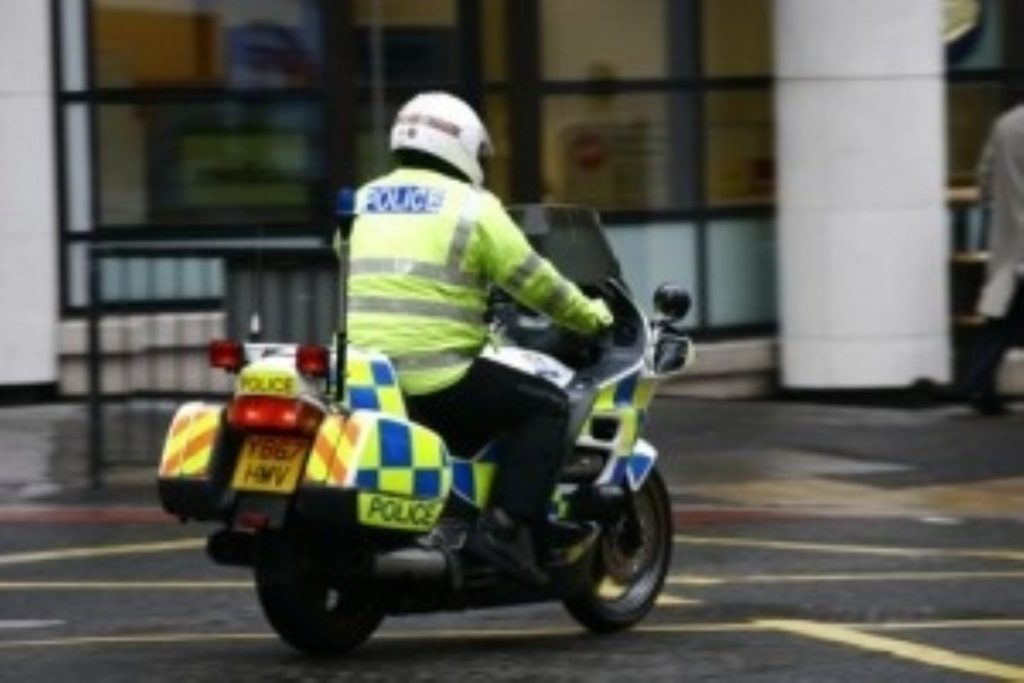Police call for more summary powers
Police officers are preparing to lobby ministers for extensive new powers to dispense summary justice in the fight against anti-social behaviour and crime.
The Association of Chief Police Officers’ (Acpo’s) lead on modernisation, Mark Rowley, believes constables should be given the power to solve crime, and the courts be left to scrutinising their actions.
However, the proposals have already prompted concern about the effect any new powers might have on the relationship between police and the community.
According to The Guardian, Mr Rowley, the assistant chief constable of Surrey police, proposes officers be allowed to immediately exclude “yobs” from town centres when they are issued with an informal warning or fixed-penalty fine.
Local bobbies could be given the power to issue a three-month ban on gangs who repeatedly cause trouble on estates from associating with each other, while officers could also be given greater leeway to search ex-offenders for items such as knives.
“It is time to debate whether constables should be given substantial additional, discretionary, summary powers to meet these challenges … Such powers would effectively bring existing criminal justice system powers to the street,” Mr Rowley said.
“We could move from the police referring and the courts sentencing to the police solving and the courts providing scrutiny.”
An Acpo spokeswoman stressed that the plans are at very early stage – they will be developed into formal proposals this autumn before being submitted to the association’s cabinet. Only then would they be presented to government ministers.
But Alan Gordon, vice chairman of the Police Federation, which represents rank and file officers, criticised Acpo for failing to consult the people who would have to implement the proposals.
“There may be some credibility in these ideas, but our fears are it will cause greater conflict and bureaucracy for our members and could blur the lines of justice whereby the police enforce the law and courts dispense penalties,” he said.
Roger Smith, director of campaign group Justice, told politics.co.uk it would be “highly undesirable” to develop the police on the model of Judge Dredd – the comic book character who takes the role of judge, jury and executioner.
“It could make the police vulnerable to a lot of discontent.you are going to have to protect the police from being in the position of instantly pulling the trigger,” he said.
There was some merit in giving police greater powers to prevent crime, Mr Smith said, and welcomed one of Acpo’s proposals which could see officers seize vehicles from drivers repeatedly stopped in an unregistered car with no insurance, MOT or licence.
But he stressed that some kind of hearing would have to be held to assess that the vehicle concerned was actually owned by the driver, noting that the courts would have to be involved early in the process.
“Everybody understands their role – the police arrest you and the court decides your guilt. The whole process is deliberately arranged to function without emotion,” he added.





-01.png)